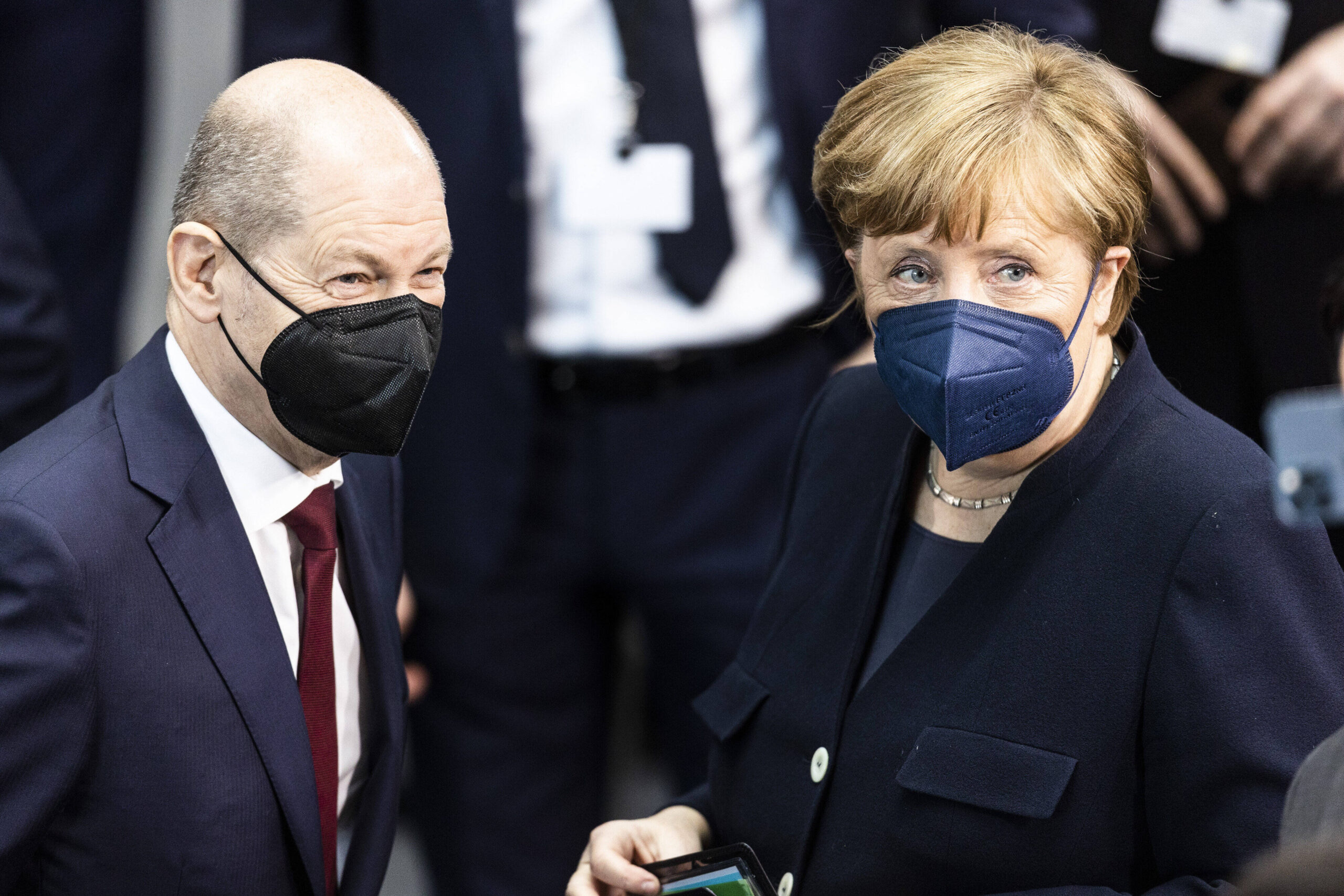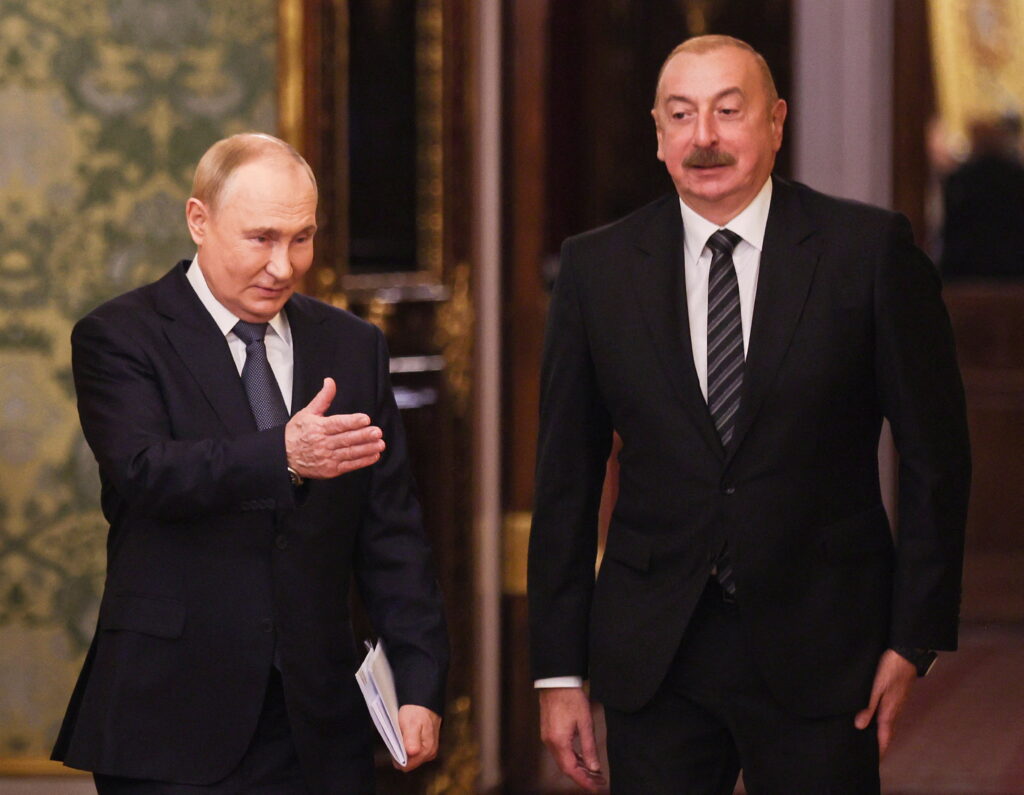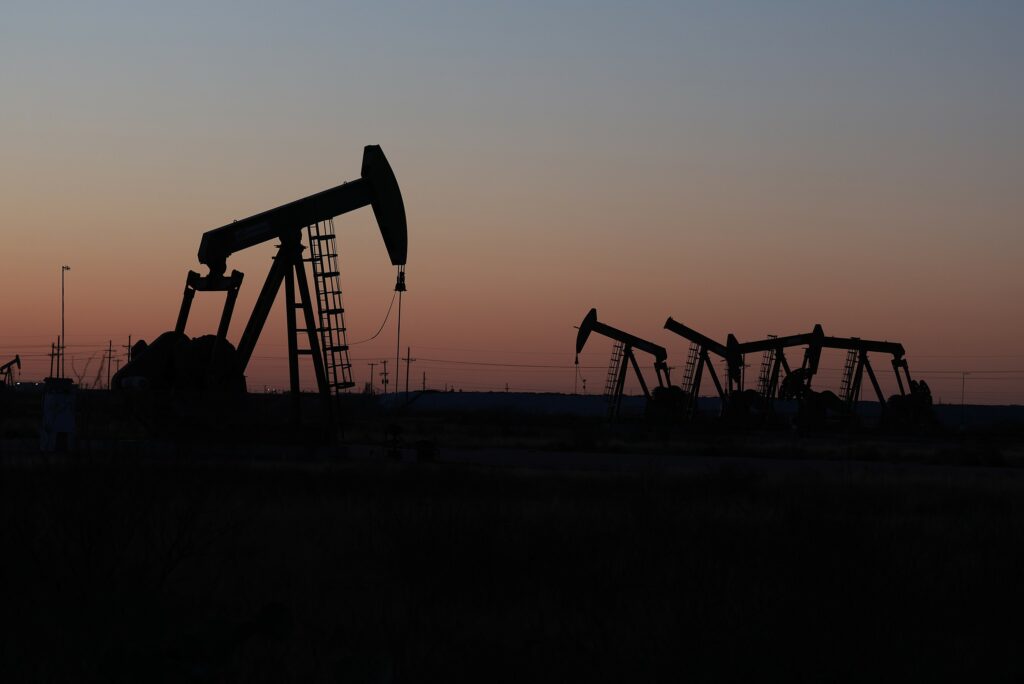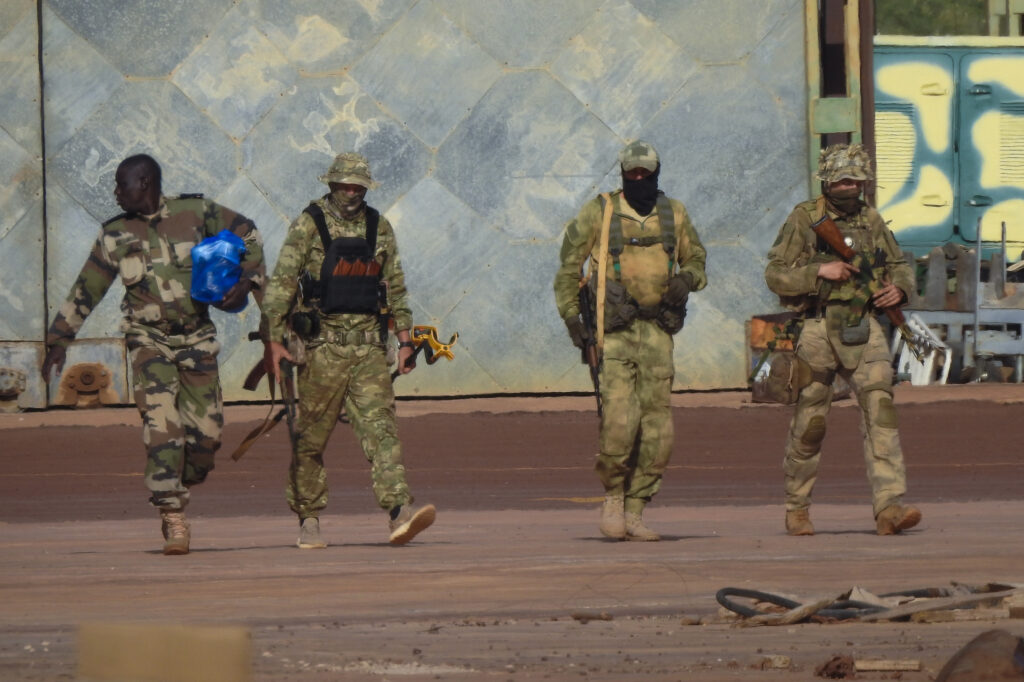In the framework of Russia’s military buildup near Ukraine and the Kremlin’s calls for a new security order for Europe, Germany has become the weak spot for the West. It is the major entry point for the Kremlin to divide Europe and upset transatlantic relations. With the departure of Angela Merkel, however, Germany finds itself without an adequate Russia policy and irresolute in its defense of Ukraine.
The new governing coalition in Germany, which sees the Social Democrat Olaf Scholz as chancellor, Annalena Baerbock of the Green Party as foreign minister, and the Liberal Christian Lindner as minister of finance, lacks a common Russia and Eastern Europe policy. This leads to disagreements on how to respond to the substantial security challenge Europe is facing now.
The new coalition’s agreement had no clear statement on Russia. Nord Stream 2, a particular point of contention for the EU and the United States, was not mentioned at all. The text said only that Germany’s energy policy is to be regulated at the EU level. Chancellor Scholz seems unwilling to deal with the Russia challenge and allows the leftists in his own party to undermine Germany’s and Europe’s sanction and deterrence efforts. The governing coalition appears to lack leadership on the current crisis with Russia.
German politics and society are divided over Russia. There is still a strong legacy of guilt linked to the Nazi regime and the more than 20 million deaths in the Soviet Union; Ostpolitik has also had a long tail affecting current sentiment in Germany. Former chancellor Willy Brandt’s decision to open relations between the former West Germany and the Eastern bloc, which became known as his administration’s Ostpolitik, is a solid part of the identity of the Social Democratic Party (SPD) and important segments of German society. Many talk about Russia, but few people in the Bundestag today really understand the logic of Putin’s regime. There are wings in both the Green Party and the SPD that are opposed to supplying weapons to Ukraine or challenging nuclear deterrence.
Relevant parts of the SPD want to see Nord Stream 2 operational, and Frank Walter Steinmeier (also of the SPD) a year ago was still arguing that Nord Stream 2 and Germany’s energy policy were probably the last bridges to Russia. The rhetorical ambiguity with regard to Nord Stream 2 and possible sanctions supports the perception in the Kremlin that there will be again no tough sanctions imposed by the West, just as no tough sanctions were imposed in 2008, in response to the Russo-Georgian War, or in 2014, with the Russian occupation of eastern Ukraine. Key politicians from the biggest opposition party, the Christian Democratic Union (CDU), have made it clear they will not support the international banking system SWIFT sanctions and argue that sanctions levied against Russia should not harm Germany too much, especially in a time of high energy prices. Several key actors in the governing coalition, including those from the (neo)liberal Free Democratic Party, support this position.
Crisis of Communication
Germany, with its history of Nazi rule, has credible grounds for its refusal to supply weapons to Ukraine. But with the changing security situation in Europe, Germany needs to engage in a responsible debate on this topic, a debate nobody is willing to lead. At the same time, it is incomprehensible that Germany should try to prevent NATO partner Estonia from supplying older East German−origin weapons to Ukraine. The unwillingness of Chancellor Scholz to clarify Germany’s position has created a communication crisis for the German government. He does not provide leadership for Germany on Russian bellicosity, and Germany is not leading Europe in addressing the current crisis. In this light it becomes ever clearer how important Angela Merkel was in providing leadership to Europe with respect to Russia after the annexation of Crimea and the start of the war in the Donbas, and in maintaining a direct channel of communication with the Russian president. The current lack of a strong German presence weakens Europe even more at a time when Moscow has made clear that only talks with Washington are relevant in discussing the future of Ukraine and European security.
The U.S. president Joe Biden took political risks when he made a deal with Angela Merkel on Nord Stream 2. He further supported Germany in the US Congress by preventing, at the time, additional sanctions against Russia. But Germany is not returning the favor. Lower gas prices and finalization of the Nord Stream 2 pipeline seem to be more important than a united transatlantic front. Germany now receives more than 50 percent of its gas from Russia, making it even more vulnerable. This dependence weakens the Western sanctions policy and Ukraine. Germany under Angela Merkel had become the main political partner for Ukraine after Poland pivoted to focusing on historical and domestic policy issues.
For Merkel, the situation in the Donbas was a matter of the boss; she expended a lot of personal political capital on the Minsk negotiations and Normandy format talks. Germany’s relationship with Kyiv is now damaged, and every step the ruling coalition takes is more evidence of just how limited its understanding of Ukraine is. Germany is one of Ukraine’s biggest donors but is helping undermine that country’s security through inaction and by supporting Nord Stream 2.
A Deficit of Leadership and Policy
The current crisis in Germany’s foreign policy reflects a deeper crisis in German state policies and self-awareness, a problem bequeathed to the current administration by previous governments. Germany still clings to a comfort zone; it does not want to have to fundamentally change its economic, foreign, or defense policies. The political elites refuse today’s reality and hew to outdated concepts such as Ostpolitik. Effecting change through trade hasn’t worked with China or Russia. Russia considers Germany and the EU opponents that need to be weakened as part of the Kremlin’s goal of undermining democracies worldwide. Germany is the European country that has sustained the most Russian cyberattacks and disinformation campaigns in recent years. From the Kremlin’s perspective, Nord Stream 2 has already paid for itself, even without going online: it has divided Europe, disrupted transatlantic relations, alienated Ukraine from the United States and Germany, and undermined the credibility of Berlin. And the German elites continue to discuss gas prices, while Chancellor Scholz calls Nord Stream 2 just a private economic project.
The Kremlin’s blackmail of the United States, NATO, and Europe is happening at a time when Biden is under pressure at home, Germany has a new government finding its direction, and France’s leadership is caught up in an election campaign.
For decades, Germany led Europe in dealing with Russia. Any German government had a special relationship with the Russian president. The crisis facing Germany today calls for leadership and responsibility.
This is a fundamental crisis of German politics. Western media’s Germany bashing will not solve the problem. But constant sober pressure and arguments by Germany’s allies should prompt Germany’s leaders to take up their responsibility and move to the fore in counteracting Moscow’s attempts to eviscerate liberal democracies.










